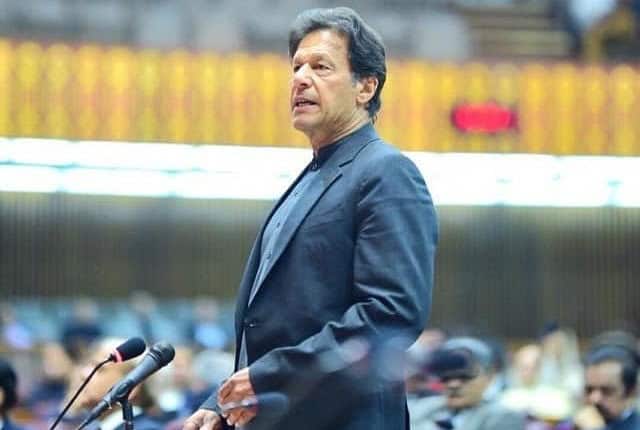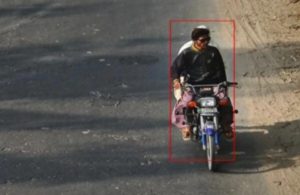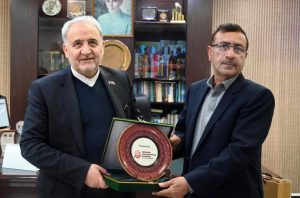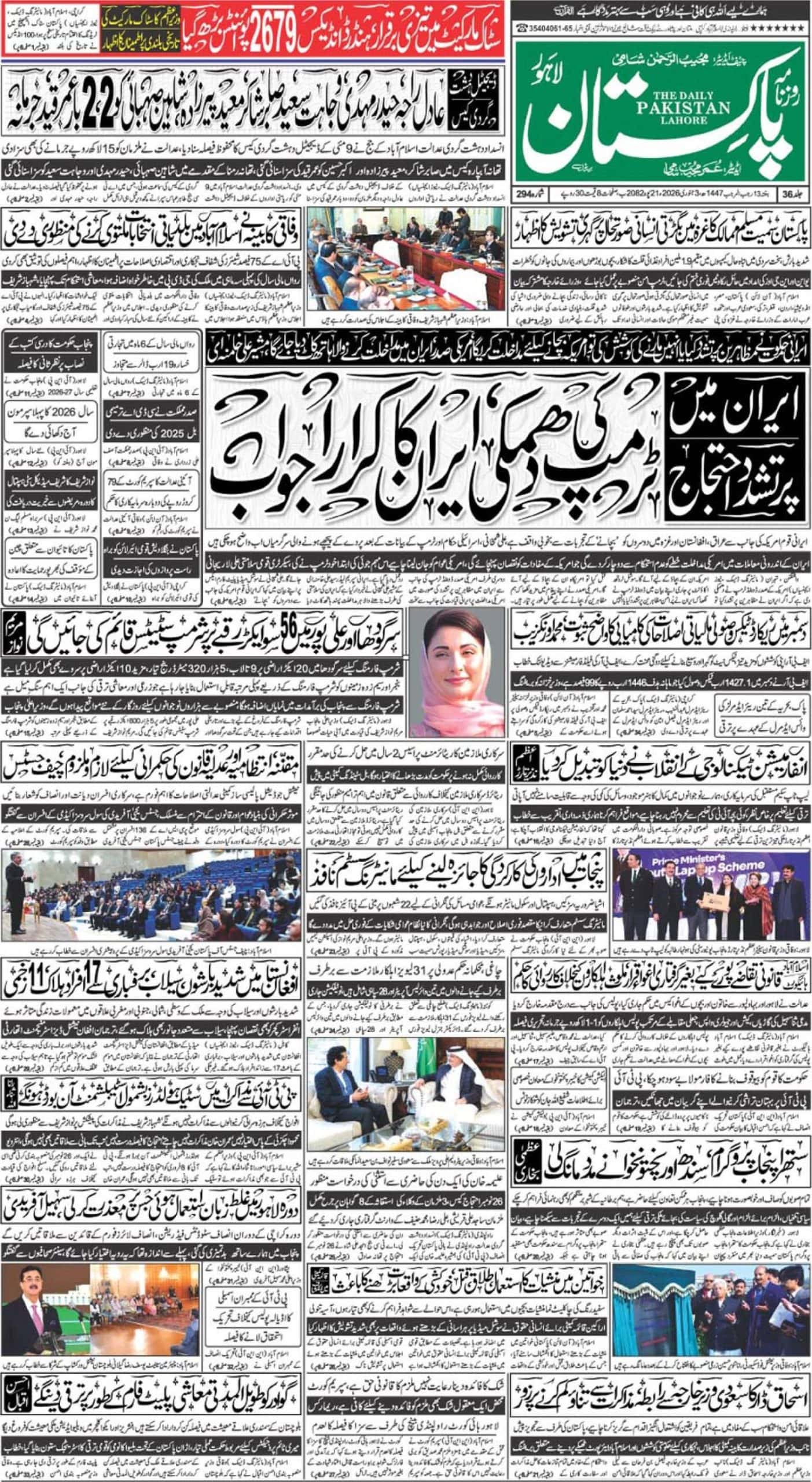ISLAMABAD – Prime Minister Imran Khan has said that he is not worthy of Nobel Peace prize, days after a motion was submitted in the National Assembly Secretariat calling for an award to the Pakistani premier for his role in de-escalating tensions between New Delhi and Islamabad.
On Monday, the prime minister tweeted: “The person worthy of this would be the one who solves the Kashmir dispute according to the wishes of the Kashmiri people and paves the way for peace & human development in the subcontinent”.
https://twitter.com/ImranKhanPTI/status/1102438232241987589
On Saturday, Information Minister Fawad Chaudhry submitted a motion in the lower house of Pakistan’s Parliament, which read that “Imran Khan expertly diverted the situation towards peace” and therefore he should be awarded the Nobel Peace Prize.
On Friday, #NobelPeacePrizeForImranKhan was the top trend on Twitter.
An online petition was filed moving the Norwegian Nobel Committee for the nomination of Khan for the Nobel Peace Prize for 2020 for “his peace efforts and dialogues in the Asian region on diverse conflicts (Pakistan-India, Afghanistan-US, Middle East).
“His (Khan’s) contributions deserve the international recognition with the Nobel, his aims of ensuring lasting peace in the region and discouraging revival of militarism should be recognized and greatly appreciated,” read the online petition on website Change.org.
India and Pakistan came to the brink of war this week as tensions escalated following a suicide car bombing that killed at least 40 Indian paramilitary police in Indian-occupied Kashmir. India accusing Pakistan of harbouring the Jaish-e Mohammad group behind the attack, which Islamabad denied.
The two nuclear-armed countries then engaged in an air battle and India lost jets in it after carrying out an air strike on what it said was a camp of Jaish-e-Mohammad, considered a terrorist group both by India and Pakistan.
Pakistan also captured Indian Air Force (IAF) pilot Abhinandan Varthaman after his MiG-21 fighter jet was shot down during a dogfight near the Line of Control (LoC) on February 27. He was released by Islamabad on Friday night as a “peace gesture”.
While India has accused Pakistan of supporting the militants and having a “direct hand” in the incident, Pakistan, in turn, has rejected the allegations, accusing India of being responsible for human rights violations taking place in Kashmir.
https://en.dailypakistan.com.pk/world/father-of-peace-studies-recommends-solutions-for-pakistan-india-conflict-over-kashmir/
Kashmir conflict
Predominantly Hindu India and Muslim-majority Pakistan have fought three wars since 1947, when the two nuclear powers both gained independence from the UK, and came close to another in 1999.
Wars in 1947 and 1965 were fought directly over Kashmir, and ongoing violence has killed more than 47,000 people since 1989. This toll, however, doesn’t include people who have disappeared due to the conflict, and some human rights groups and nongovernmental organizations put the death toll at twice that amount.
Kashmir initially remained independent and was free to accede to either nation. When the Hindu king of the princely state, Maharaja Hari Singh, chose to join India in exchange for military protection, Jammu & Kashmir became the only Muslim-majority state in the South Asian country.
Jammu & Kashmir covers around 45% of Kashmir, in the south and east of the region, while Pakistan controls Azad Kashmir, Gilgit and Baltistan, which cover around 35% of the total territory in the north and west. Both countries claim complete ownership of Kashmir; also in the picture is China, which controls around 20% of Kashmir territory known as Aksai Chin.
The issue is also one of the oldest items on the agenda at the United Nations, where India and Pakistan took their dispute soon after independence.
Both countries agreed to a plebiscite in principle, to allow Kashmiris to decide their own future, but it has never been held because it was predicated on the withdrawal of all military forces from the region, which has not happened even decades on.
Indian authorities wanted to show that they could guarantee the rights of Muslims in a secular state, but Kashmir is also key to Pakistani identity as a homeland for Muslims after partition in 1947
Both countries have maintained a fragile ceasefire since 2003, although the two rivals regularly exchange fire across the border.
And the situation has now escalated to a new level, with both Pakistan and India staying on high alert in the backdrop of exchange of heavy fire on LoC, and aerial engagements over the divided territory.













